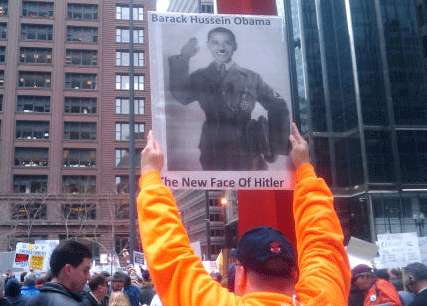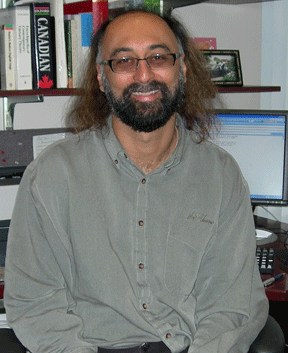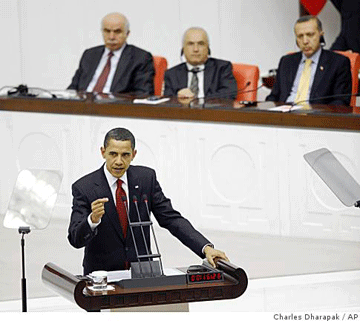
by Kenan Malik, Prospect, April 2009
… The novelist Hanif Kureishi, a friend of Rushdie’s since before the fatwa, has long chronicled the changing experience of immigrants in Britain, through novels like The Buddha of Suburbia and screenplays such as My Beautiful Laundrette. I talked to him recently about the impact of the campaign against The Satanic Verses on his writing and on British culture.
“Nobody,†Kureishi suggests, “would have the balls today to write The Satanic Verses, let alone publish it. Writing is now timid because writers are now terrified.â€
Like Rushdie, Kureishi is a writer who came of literary age in the 1980s, exploring the relationship between race, culture, identity and politics in Thatcher’s Britain. But where Rushdie had been born in Bombay and his work deeply shaped by the politics and culture of the subcontinent, Kureishi was born in Bromley, south London, went to the same school as his hero David Bowie (although not at the same time), and his work is infused by the sounds and rhythms of the capital. Continue reading Hanif Kureishi on Salman Rushdie






